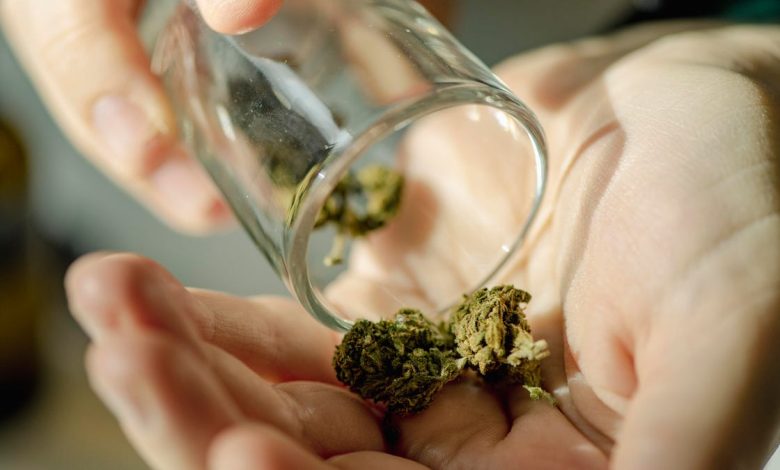US Government Moves to Reclassify Weed, Citing Medical Uses: What to Know

[ad_1]
US Department of Justice said Thursday that the attorney general has begun a rule change process that, if finalized, would reclassify marijuana as a Schedule III drug. It has been considered a Schedule I drug since the 1970s, which puts it in the same federal legal class as drugs like heroin.
Drugs are scheduled, in part, by assessing whether they serve a medical purpose or how much that purpose outweighs the risk of dependence or abuse (someone becoming physically dependent or someone using a drug for a purpose other than that for which it is prescribed or permitted). In the Ministry of Justice published notice of the rule, the agency said it was changing the schedule for marijuana because the Department of Health and Human Services determined that marijuana was accepted for medical use.
Although marijuana is legal in some US states for medical or recreational purposes, this week’s announcement is considered historic because it represents a departure from rules that many policymakers and health experts have said do not match marijuana’s actual risk-benefit profile.
What does this change mean for users? So far, absolutely nothing. Marijuana is still federally illegal, and there is a 60-day window in which members of the public can submit comments to the Drug Enforcement Administration before the rescheduling is finalized. Some harm reduction and drug use advocates are also pushing for additional action by lawmakers that could have a greater impact on how people are criminalized for using or selling marijuana, and how federal rules are consistent with state laws.
Here’s what you need to know.
Is weed federally legal now?
No. Rescheduling marijuana does not decriminalize it. Until a final rule is published, the DOJ says, marijuana remains a controlled substance. Even if its rescheduled status is finalized, it will not decriminalize or legalize marijuana nationally.
But it is a step toward removing some of the red tape surrounding a drug that many people use, either recreationally or as a medicine.
“I hope that in the future this will change the way we talk about cannabis, the way we think about cannabis, and ultimately the way we as a state legislate cannabis,” Paul Armentano, deputy director of NORMLadvocacy group for the legalization of marijuana, said during a media briefing earlier this month.
What are the medical benefits and risks of marijuana?
This week’s move at the federal level comes on the heels of findings from the Department of Health and Human Services which conclude that marijuana has medicinal purposes, including the treatment of symptoms associated with anorexia, cancer, and chronic pain, particularly neuropathic pain.
According to the US Centers for Disease Control and Prevention, pain management is one of the most common reasons people seek medical marijuana in the US. And According to GoodRx, the healing properties come because the active chemicals in cannabis, called cannabinoids, interact with junctions in the body and can turn nerve signals on and off.
The use of cannabis or marijuana has been studied for other health conditions also, including anxiety, epilepsy, glaucoma, symptoms of HIV or AIDS, post-traumatic stress disorder, certain sleep problems, and others, and as a way to reduce opiate use.
Because marijuana contains the cannabinoid THC, which produces mind-altering effects, the short-term impact of it can lead to disturbances in how you perceive things, your mood, etc. Some people like these feelings, which is one reason for recreational use.
As the Cleveland Clinic notes, more research is needed on the long-term use of marijuana. But in terms of risk, some research has linked long-term marijuana use to gum disease and problems with sperm development, which can affect fertility. Other research has linked marijuana use to lung problems and an increased risk of vascular disease.
Frequent marijuana use is also associated with a higher risk of developing schizophrenia or psychosis in people who are predisposed, according to the clinic. Marijuana use at a young age is also associated with cognitive effects, affecting attention and learning.
[ad_2]




